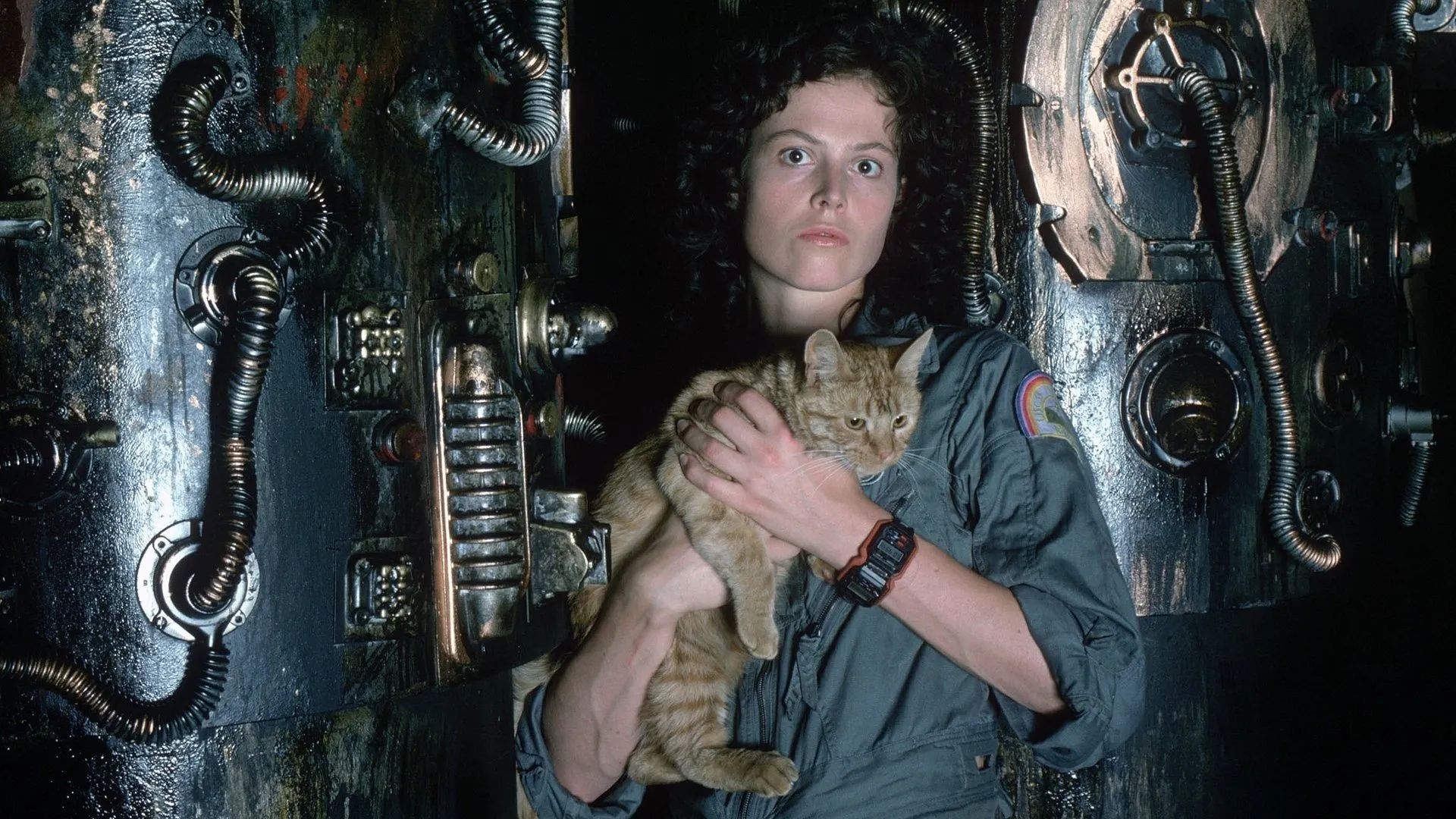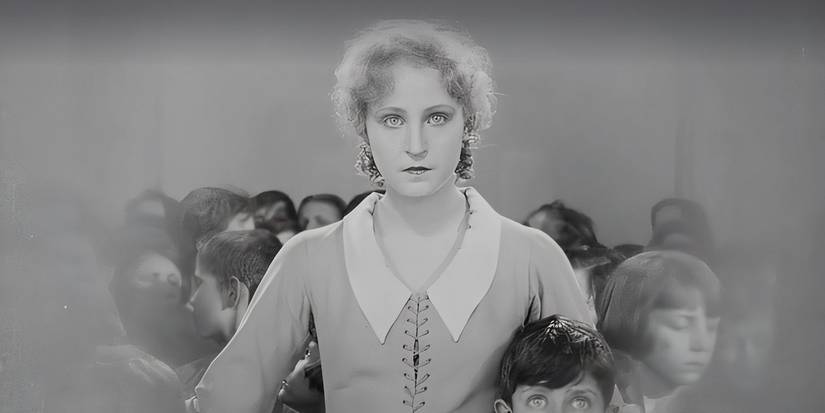
Science fiction has long been seen as a genre for men, but Sigourney Weaver’s character, Ripley, broke that mold. Interestingly, some argue the very first sci-fi hero was actually a woman, appearing in a film over 50 years earlier. Released in 1979, Alien brilliantly challenged expectations. The film, directed by Ridley Scott, starts with a full cast, but as the crew of the Nostromo are eliminated one by one, Ripley emerges as the clear leader—a role Weaver continued in three more Alien films.
Ripley is an incredibly important character, particularly as a strong female lead in a 1970s science fiction film. Sigourney Weaver’s portrayal was groundbreaking, and its effects are still visible today, not only in later Alien movies like with Rain in Alien: Romulus, but also in other sci-fi series, such as Katee Sackhoff’s Starbuck in Battlestar Galactica.
Ripley quickly became a sci-fi icon thanks to her tough, resourceful nature, combined with her compassion and intelligence. What made her so compelling was her ability to fight the alien threat while staying true to her beliefs – qualities that also defined the very first hero in the science fiction genre.
Metropolis’ Maria: The First Hero Of Sci-Fi Movies

Often considered the first full-length science fiction film, Metropolis boasts what many see as the genre’s original hero. While Freder Fredersen is the main male character, Brigitte Helm’s Maria is just as crucial to saving the city from destruction, and arguably even more so.
In the film Metropolis, Maria is the inspirational leader of a worker uprising. The men look to her for guidance and believe she can help them. She earns their respect through her intelligence and compassion, and proves to be decisive when action is needed. During the film’s climax, as the underground city floods, Maria bravely tries to stop the water by operating the control levers.
The picture of Maria, powerfully lifted above a devastated, flooded city, struggling to operate the large levers, feels like a dramatic, high-action moment you’d see in a major science fiction film. It’s a strong, physical scene, which wasn’t typical for female characters in movies from the time Metropolis was made.
For a large part of the film Metropolis, Freder Fredersen feels ineffective, as his privileged background hinders his ability to make a real difference. He eventually understands this, but Maria comes across as the more dependable character – the one you’d want on your side in a difficult situation. This reliability is what establishes Maria as the first genuine hero in science fiction movies.
Why Metropolis Can’t Be Considered A Feminist Movie

Maria is a strong and admirable character, and the film Metropolis was ahead of its time in how it portrayed her. She’s a revolutionary figure who actively helps save the day – something many recent movies don’t do with their female characters. Despite this, Metropolis ultimately leans towards conservative ideas about gender roles.
The character of Maria is heavily influenced by traditional ideas of motherhood, reflected in her actions throughout the film. Even when she’s operating machinery in the climax of Metropolis, her primary motivation is saving the city’s children. The appearance of her robotic double, presented as a seductive figure, subtly suggests a negative view of female sexual freedom. Beyond Maria, the most important female character, Hel, isn’t even seen on screen. All other women in the film are portrayed either as mothers or as objects of attraction.
It’s difficult to ignore the possibility that Metropolis includes some sexist themes. However, it’s equally hard to overlook the fact that Maria is the film’s most obvious hero – and the first hero in a full-length science fiction movie, even though her adventures don’t take place on a spaceship.
Read More
- How to Complete the Behemoth Guardian Project in Infinity Nikki
- What If Karlach Had a Miss Piggy Meltdown?
- Red Dead Redemption 2 dev shares insider info on the game’s final mysterious secret
- Meet Sonya Krueger, Genshin’s Voice for Jahoda
- ‘John Wick’s Scott Adkins Returns to Action Comedy in First Look at ‘Reckless’
- The Housewives are Murdering The Traitors
- Chimp Mad. Kids Dead.
- The King of Wakanda Meets [Spoiler] in Avengers: Doomsday’s 4th Teaser
- How to Destroy Buildings in StarRupture
- Is Michael Rapaport Ruining The Traitors?
2025-11-11 01:23